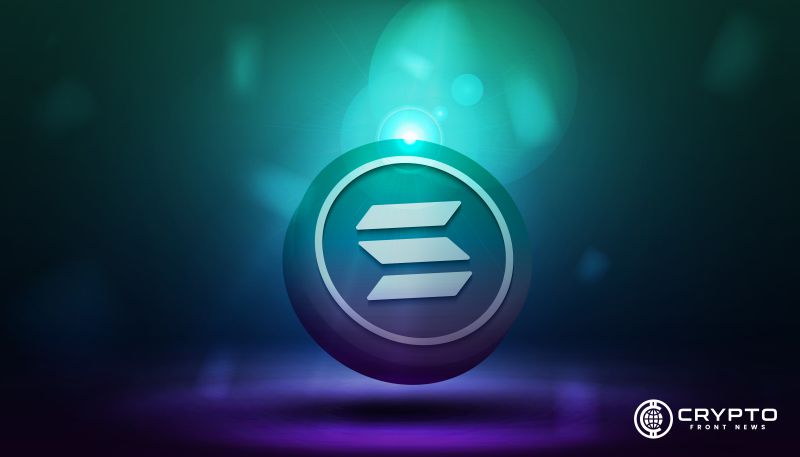- Solana stakers approved Alpenglow with 98.27% yes votes and 52% stake participation.
- The upgrade replaces Proof-of-History and TowerBFT with Rotor and Votor systems.
- Alpenglow reduces finality time from 12 seconds to about 150 milliseconds.
The community governance process for SIMD-0326: Alpenglow has concluded with overwhelming approval. Validators voted in favor of replacing Solana’s existing consensus systems with a next-generation protocol. The upgrade, which introduces Rotor and Votor, promises faster finality and greater network resilience. More than half of the network stake took part.
Governance Results And Voting Process
According to results released on Tuesday, 98.27% of votes supported the Alpenglow proposal. About 1.05% voted against the upgrade, while 0.69% abstained. In total, 52% of the stake participated in the governance process, surpassing the quorum threshold of 33%.
The governance vote opened on August 21 and concluded after a two-week window. The proposal was first introduced in May 2025 and gathered attention across the Solana ecosystem. Anza, the developer team behind the proposal, said: “Alpenglow is a huge step forward for the ecosystem.”
The Solana Foundation added in a blog post: “At these speeds, Solana could realize Web2-level responsiveness with L1 finality, unlocking new use cases that require both speed and cryptographic certainty.”
Technical Features Of The Alpenglow Upgrade
Alpenglow replaces the network’s existing Proof-of-History and TowerBFT mechanisms. Instead, it introduces Rotor and Votor to improve efficiency. Rotor handles timestamping and reduces delays in data sharing between nodes, while Votor finalizes blocks through a direct voting system.
Votor allows blocks to be finalized in either one or two rounds depending on conditions. This reduces finality times from 12.8 seconds to as little as 100–150 milliseconds. The protocol also reduces bandwidth needs by replacing heavy gossip systems with direct cryptographic voting aggregates.
The upgrade adds a “20+20” safety model, enabling the chain to function even if 20% of validators act maliciously and another 20% go offline. This approach improves stability during high demand. The Alpenglow upgrade is expected to expand Solana’s capability for payments, trading, and blockchain gaming. With governance approval secured, developers will continue testing the components before the mainnet launch.






